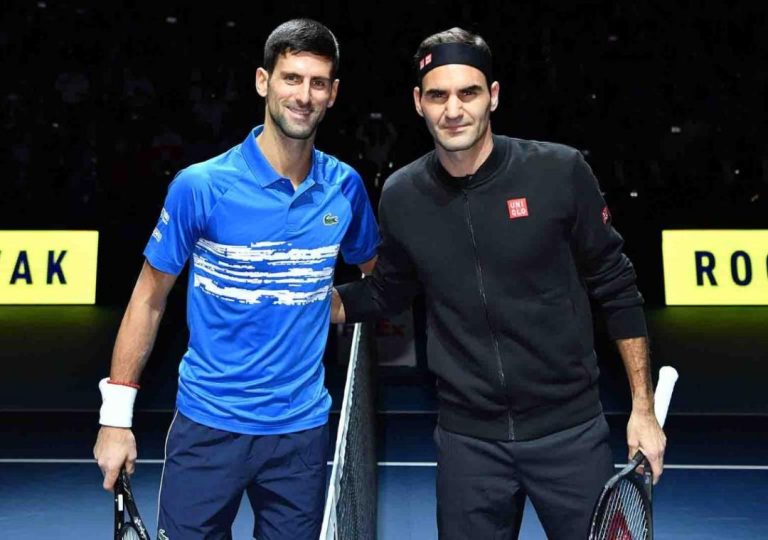
Aakash Chopra takes dig at England after Stokes’ ‘handshake’ drama
The ongoing Test series between India and England has witnessed its fair share of controversy and drama, with the latest instance being Ben Stokes’ decision to offer a handshake to his Indian counterparts as they neared centuries in the fourth Test. While the gesture was intended to be a sign of respect and sportsmanship, it has sparked a heated debate about the value placed on individual milestones in modern Test cricket.
Ex-India player Aakash Chopra has taken a dig at England’s approach, questioning the relevance of their “honours boards” if milestones aren’t valued. In an X post, Chopra pointed out that if England are not willing to acknowledge individual achievements, then perhaps they should reconsider the significance they attach to their honours boards.
The honours boards in question refer to the boards displayed at the English grounds, which list the top performers in various categories, including centuries scored, wickets taken, and partnerships. Chopra’s comment has reignited the debate over the balance between team goals and personal achievements in Test cricket.
In modern Test cricket, the emphasis has shifted towards team results, with many teams prioritizing wins over individual records. This shift in emphasis has led to a decrease in the number of centuries and five-wicket hauls being recorded in each game. While this approach is understandable, it also raises questions about the value placed on individual achievements.
Chopra’s comment has sparked a heated debate, with many cricket fans and experts weighing in on the issue. Some have argued that individual milestones are important, as they inspire players to strive for excellence and create memorable moments in the game. Others have countered that team results are more important, as they ultimately determine the outcome of the game.
The debate is not new, and it has been ongoing for several years. However, the Stokes’ handshake incident has brought the issue to the forefront, highlighting the tension between individual and team goals in modern Test cricket.
One of the main arguments in favor of individual milestones is that they inspire players to strive for excellence. When players are motivated by the prospect of achieving a personal milestone, they are more likely to push themselves to new heights. This, in turn, can lead to improved team performances and more exciting games.
Moreover, individual milestones create memorable moments in the game, which are cherished by fans and players alike. Who can forget the likes of Sachin Tendulkar, Brian Lara, or Jacques Kallis, who have all left their mark on the game with their incredible individual achievements? These moments are what make Test cricket so special, and they are an integral part of the game’s rich history.
On the other hand, those who argue that team results are more important point out that individual milestones can sometimes detract from the team’s overall performance. When players are too focused on achieving a personal milestone, they may become distracted from the task at hand, leading to a decrease in team cohesion and performance.
Furthermore, the emphasis on team results has led to a more collaborative and cohesive approach to the game, with players working together to achieve a common goal. This approach has resulted in some thrilling team victories, as players put aside their individual desires to achieve a shared goal.
The Stokes’ handshake incident has also highlighted the tension between individual and team goals. While Stokes’ gesture was intended to be a sign of respect and sportsmanship, it has been seen by some as a way to deflect attention away from the Indian players who were nearing centuries. This has led to accusations that England are prioritizing their team’s goals over individual achievements.
In conclusion, the debate over individual milestones and team goals in modern Test cricket is complex and multifaceted. While there are valid arguments on both sides, the Stokes’ handshake incident has brought the issue to the forefront, highlighting the tension between individual and team goals.
As Aakash Chopra pointed out, if England are not willing to acknowledge individual achievements, then perhaps they should reconsider the significance they attach to their honours boards. Ultimately, the answer lies in finding a balance between individual and team goals, recognizing that both are important in their own way.






